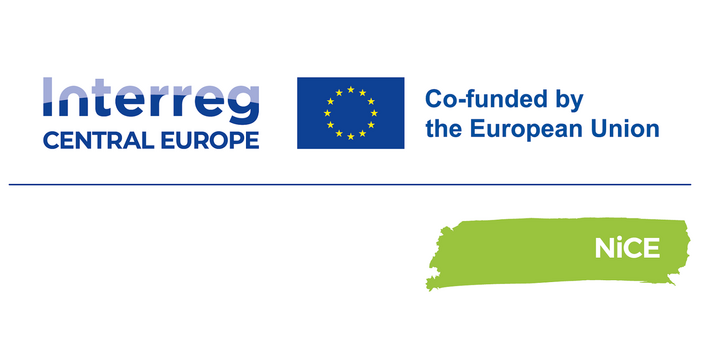Sustainable lifestyles: From the niche to the city centres
City centres have long been characterised by high levels of consumption. They now face major changes due to online retailing, the aftermath of COVID19 and the climate crisis. The UBA coordinated EU Interreg project “NiCE – from niche to centre”, started in May 2023. The project aims to take advantage of these changes and make city centres more attractive again by offering sustainable options.
The challenges
European city centres are changing. Over the last few decades, they have been resource-intensive centres of consumption. Social interaction was strongly linked to consumption. With the growth of online retail, consumption is now increasingly shifting from stationary shops to the digitised sphere. In addition, COVID19 has weakened stationary retail and numerous shops have had to close. City centres are therefore experiencing a decline in use and importance.
In contrast, alternative and sustainable consumption models, such as secondhand, borrowing, swapping or repairing, are increasing, leading to more circularity and sufficiency. However, due to the current environment, these models usually only remain a niche option and are at best only perceived by “interested parties”. Consumers currently lack central and easily accessible options for alternative and circular forms of consumption.
Who and what is “NiCE”?
The project “NiCE: from niche to centre – city centres as places of circular lifestyles” brings these two challenges together: a transformation of central places in cities that make it easy for their inhabitants to adopt sustainable lifestyles. At the same time, city centres can be revitalised in a circular and sustainable way.
A total of nine project partners from eight countries are involved in the project. In addition to the UBA as lead partner these are: ENVIROS from the Czech Republic, StadtLABOR from Austria, the Bistra Scientific Research Centre from Slovenia, the National Agency for New Technologies, Energy and Sustainable Development (ENEA) from Italy, the University of Budapest for Technology and Economics from Hungary, Creative Industry Košice from Slovakia, and the Pro-Akademia Research and Innovation Centre and the City of Brzeg Dolny from Poland.
The project is funded by the EU Interreg programme for Central Europe and will run from May 2023 to April 2026.
More information and contact
For more information, visit our website: https://www.interreg-central.eu/projects/nice/


